
It is a marketing strategy that focuses on organizing, sponsoring, or participating in events that aim to directly interact with the target audience. This type of marketing aims to create a unique experience that enables customers to interact with the brand directly, which enhances loyalty and increases awareness of the goods and services provided.
Characteristics of Event Marketing
1. Direct interaction: Event marketing provides the opportunity to interact face-to-face with customers and the public.
2. Sensory experience: Provides an opportunity to experience goods or services in a practical way.
3. Customization of the experience: The experience can be customized according to the specific needs and desires of the target audience.
4. Innovation and creativity: Event marketing relies heavily on innovation and creativity to attract the attention of attendees.
5. Focus on the brand: Enhances brand recognition and contributes to leaving a strong impression on the audience.
Benefits of Event Marketing
1. Increase brand awareness: Improve brand knowledge among participants.
2. Build strong relationships: Strengthen the relationship between the brand and customers through direct interaction.
3. Collect data: Provide an opportunity to collect first-hand information about the market and customers.
4. Generate leads: Reach new customers and expand the customer base.
5. Enhance credibility: Increase customer trust in the brand through direct experience.
Examples of Event Marketing
1. Trade shows: Where companies showcase their products and services to their target audience.
2. Conferences: Where companies have the opportunity to talk about topics relevant to their brand and introduce new products.
3. Educational workshops: Offer workshops to enable customers to try specific products or learn new skills.
4. Concerts or sports: Sponsor concerts or sports events to promote the brand to a wide audience.
5. Product launches: Organize an event to launch a new product and give it media momentum.
Advantages of Event Marketing
1. Effective communication: Allows direct and effective communication with customers.
2. Long-term impact: Leaves a lasting impression on attendees.
3. Flexibility of application: Events can be adapted to suit different types of companies and markets.
4. Increased engagement: Encourages audiences to participate more in the experience.
5. Content Marketing Support: The content produced during the event can be used in future marketing efforts.
Disadvantages of Event Marketing:
1. High Costs: Requires large budgets to organize events.
2. Difficulty in Measuring: It is difficult to accurately measure the return on investment.
3. Dependence on Attendance: The success of the event depends on the number and quality of attendees.
4. Logistical Risks: Logistical issues may affect the success of the event.
5. Time Pressure: Requires extensive planning and preparation.
6. Limited Impact: Limited geographical or temporal impact.
7. Fatigue and Exhaustion: High pressure on the work team.
8. Intense Competition: Difficulty in attracting attention among similar events.
9. Need for a Unique Experience: Audience expectations for an innovative experience.
10. Environmental Impact: Negative impact on the environment due to resource consumption.
Event Marketing is a powerful way for a brand to engage with its customers directly and authentically. By organizing or sponsoring events that aim to provide a unique experience for the audience, companies can enhance brand awareness, build strong relationships, and generate new business opportunities. This type of marketing combines innovation and sensory interaction, making it an effective tool for building brand credibility and achieving its marketing goals.

17/08/2024
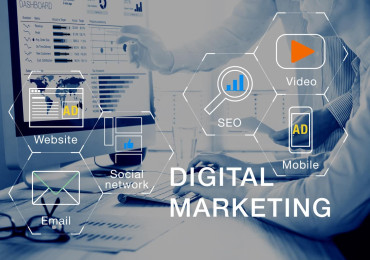
17/08/2024

31/08/2024
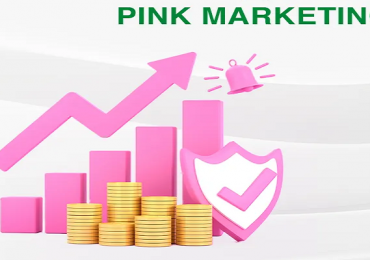
01/09/2024

30/08/2024
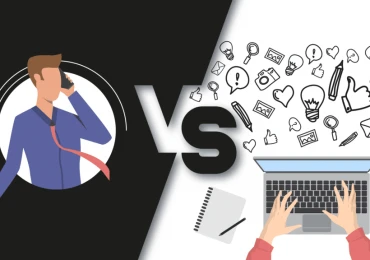
16/08/2024

14/08/2024

30/08/2024
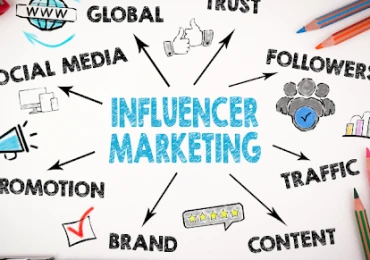
17/08/2024

26/08/2024
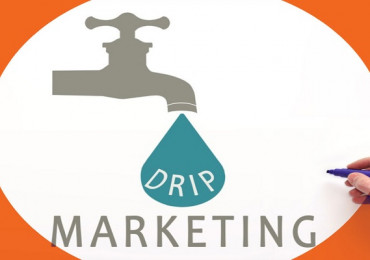
20/08/2024

16/08/2024

25/08/2024
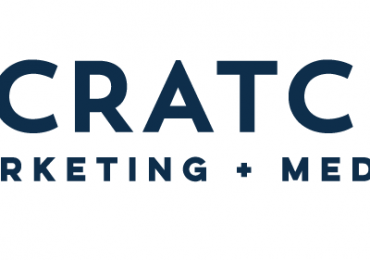
31/08/2024

18/08/2024

14/08/2024

30/08/2024

15/08/2024

15/08/2024

25/08/2024